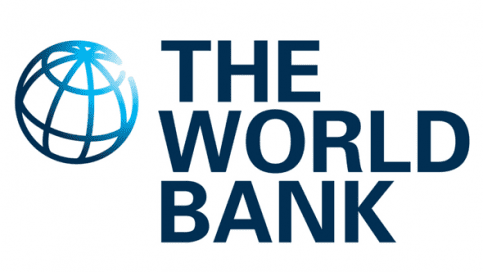Removal of petrol subsidy by the Federal Government of Nigeria (FG) was applauded by the World Bank as a right step in the right direction.
In its ‘Africa’s Pulse’ report entitled ‘Charting the Road to Recovery’, the World Bank on Thursday said that the removal of petrol subsidy in Nigeria was an important step amid the COVID-19 crisis.
The bank stated that the countries in sub-Saharan Africa were seizing the opportunity created by the crisis to accelerate the structural reform agenda. It therefore noted that the Nigerian Government had eliminated petrol subsidy and established a market-based pricing mechanism with no price ceilings.
According to the report, price of gasoline (petrol) is set monthly by the Petroleum Products Pricing Regulatory Agency (PPPRA) from market-based costs.
“When international petroleum product prices start to recover, the PPPRA will allow price increases accordingly.”
I was earlier reported that the Federal Government’s removal of petrol subsidy and the increase in electricity tariff were in line with reforms being sought by the International Monetary Fund (IMF) and the World Bank.
The World Bank projected that sub-Shara Africal’s real GDP would contract by 3.3 per cent this year, after expanding by 2.4 per cent in 2019.
The World Bank projected on Thursday that sub-Sahara Africa’s real GDP would contract by 3.3 per cent this year, after expanding by 2.4 per cent in 2019.
The Bank said, “In Nigeria, after expanding 1.9 per cent year-on-year in the 1st quarter of 2020, real GDP contracted by 6.1 year-on-year in the 2nd quarter of 2020, with growth in the oil and non-oil sectors falling.
“The near-term outlook is subject to considerable uncertainty as the economy continues to grapple with the effects of the pandemic.”
According to the bank, activity data suggested that the rebound in activity that started in the 3rd quarter of 2020 might have stalled. Investment remains weak amid high uncertainty. Growth is projected to fall by 4.1 per cent in 2020 and remain subdued at 0.3 per cent in 2021.

